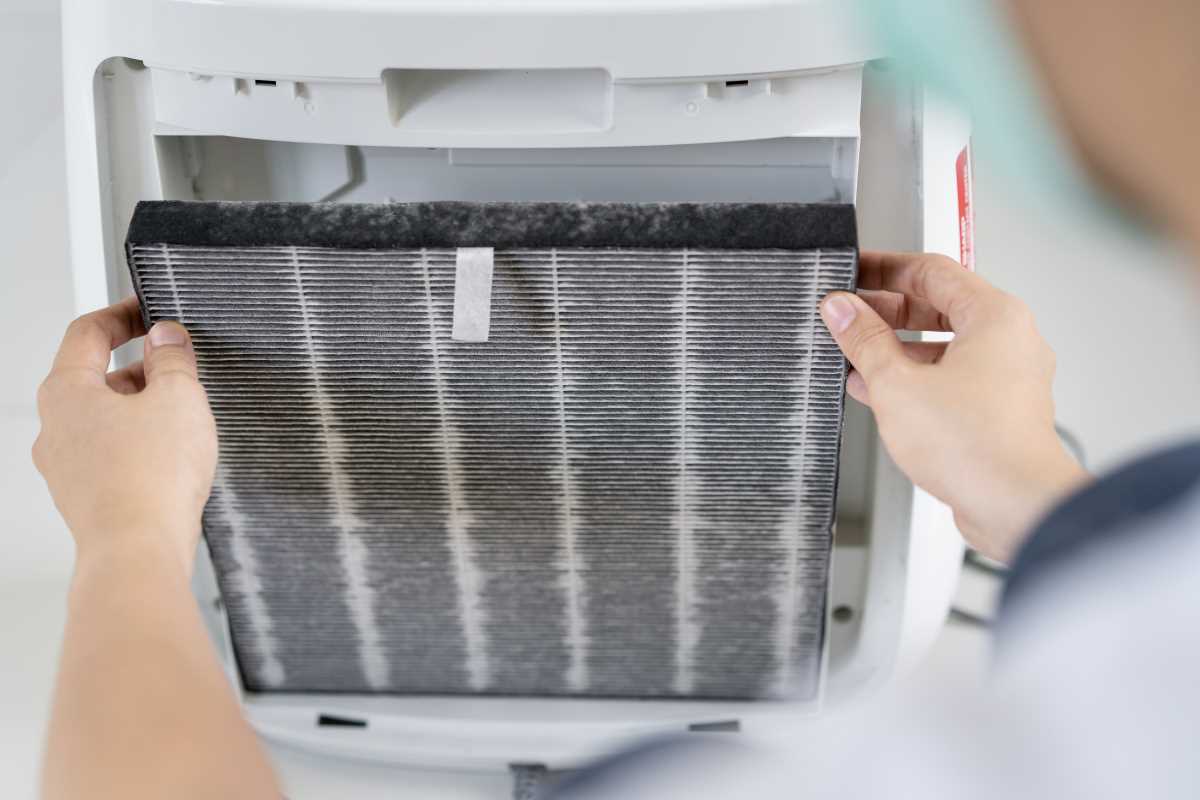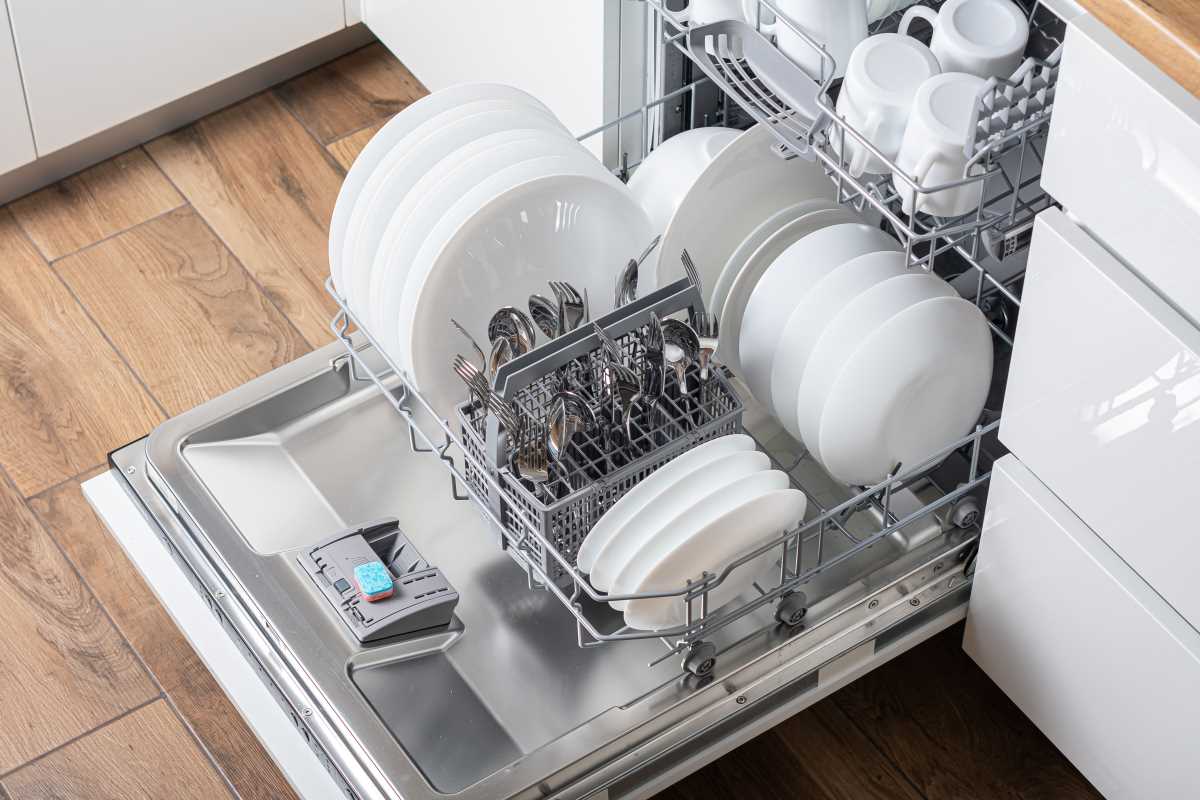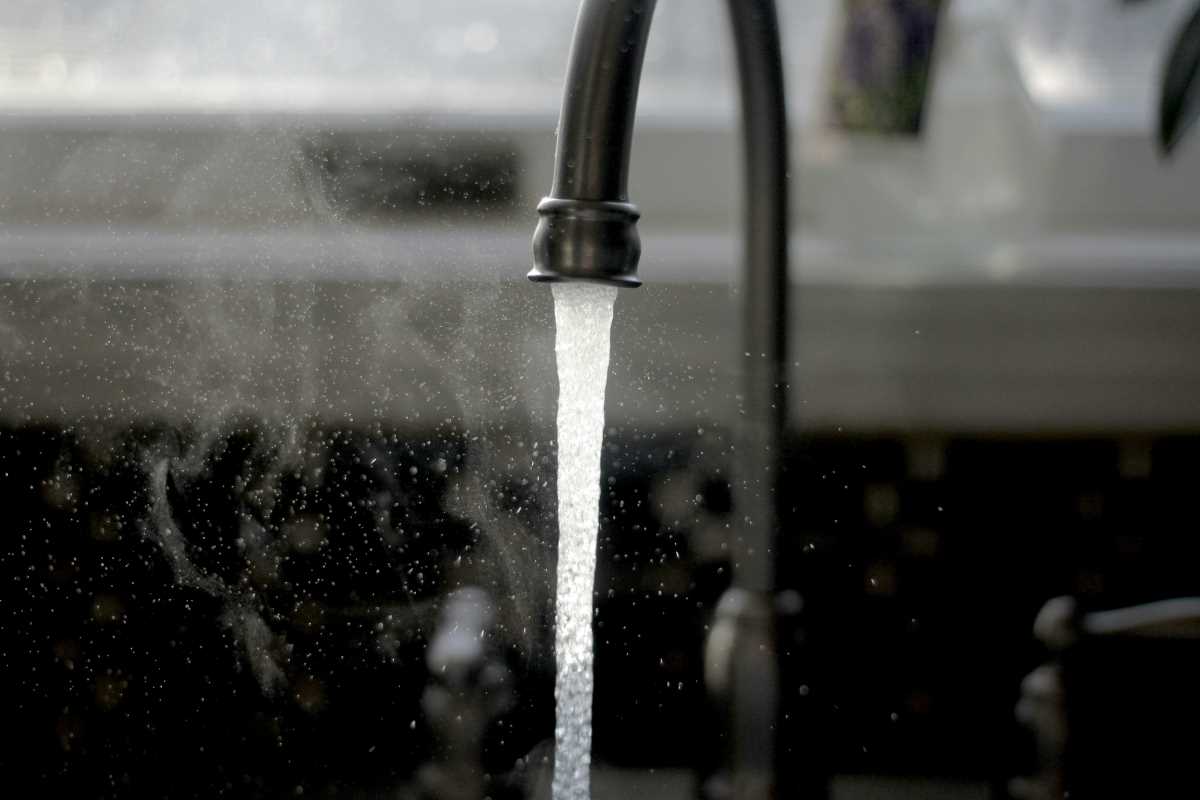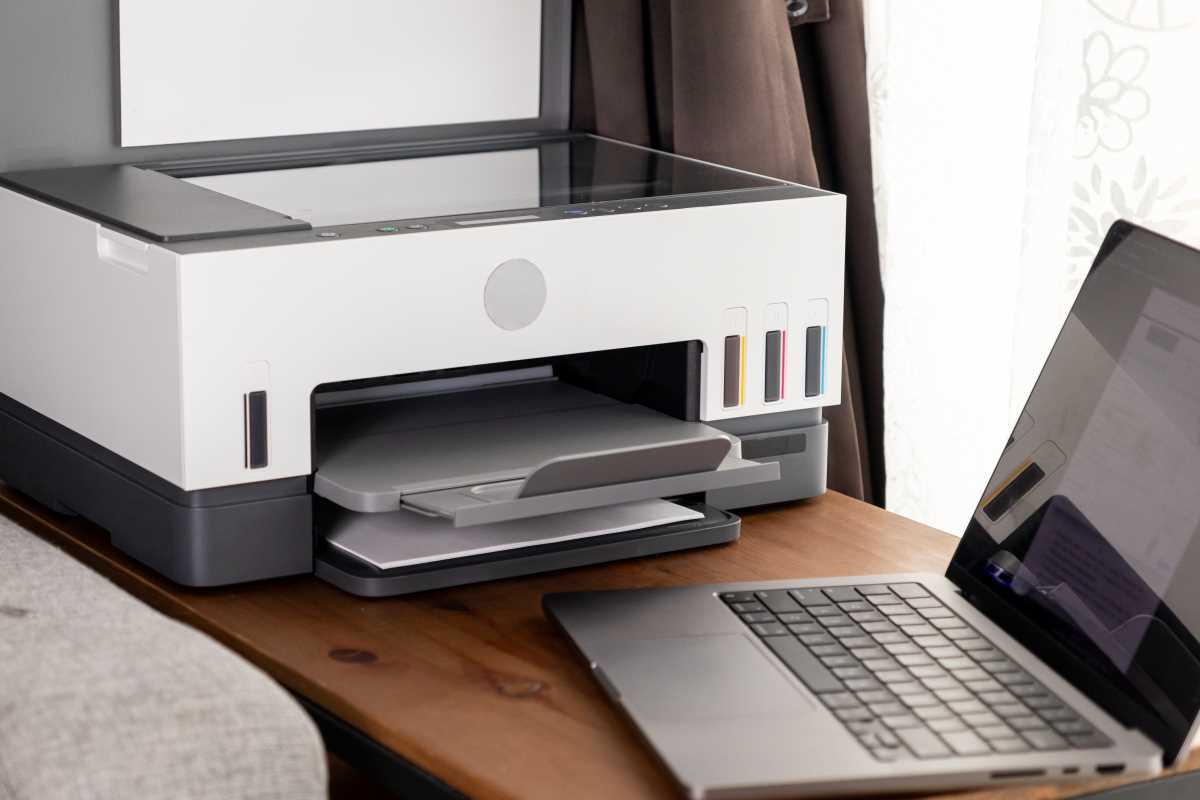An HVAC system is one of the most important appliances in any home, keeping indoor spaces comfortable throughout all seasons. Heating in the winter, cooling in the summer, and maintaining air quality year-round rely on this hardworking equipment. However, constant use can lead to wear, and neglecting even small maintenance tasks can result in expensive repairs or replacements. Regular care is essential to ensure the system performs efficiently while lasting for as long as possible. With proactive measures and timely upkeep, it’s possible to avoid many common issues and extend the life of the HVAC system, saving time and money in the process.
Clean or Replace the Air Filters Regularly
Air filters in an HVAC system are responsible for trapping dust, allergens, and debris, preventing them from circulating throughout the home. Over time, these filters become clogged, forcing the system to work harder to push air through. This additional strain not only reduces efficiency but can also cause components like the blower motor to wear out prematurely.
Replacing or cleaning the air filters is one of the easiest and most effective maintenance tasks. It’s recommended to check the filters every one to three months, depending on factors like household size, the presence of pets, or whether anyone in the home has allergies. Systems with reusable filters should have them cleaned according to the manufacturer’s guidelines, while disposable filters should be replaced as needed. Clean filters promote better airflow, maintain efficiency, and protect the system from unnecessary stress.
Schedule Regular Professional Inspections
Annual maintenance performed by a licensed HVAC technician is a key step in preventing costly repairs. During a professional inspection, the technician thoroughly examines the system, checking for worn parts, loose connections, and potential issues that may lead to larger problems if left unaddressed.
These inspections typically involve cleaning essential components, lubricating moving parts, and testing the overall performance of the system. Early detection of problems, such as a failing capacitor or a cracked heat exchanger, can save hundreds or even thousands of dollars by allowing repairs to be made before major breakdowns occur. Routine servicing also ensures the system is running efficiently, reducing energy usage and utility bills.
Keep the Outdoor Unit Clear of Debris
The outdoor condenser unit plays a critical role in the cooling process by releasing heat absorbed inside the home. However, its efficiency can be compromised if it becomes blocked by dirt, leaves, or other debris. Clogged condenser coils and restricted airflow force the system to work harder, increasing wear and energy consumption.
Regularly checking and cleaning the area around the outdoor unit keeps it free from obstructions. Trim back any plants, shrubs, or grass within two feet of the equipment to allow for proper ventilation. Gently rinse the coils with a hose to remove dirt and ensure maximum performance. Keeping the outdoor unit clear prevents overheating and helps the system function efficiently, especially during peak summer months.
Seal and Insulate Ductwork
Ductwork is responsible for transporting conditioned air throughout the home, making it a critical component of any HVAC system. However, leaks or gaps in the ducts can waste a significant amount of energy, as air escapes before reaching the intended rooms. Poorly insulated ducts, especially those running through unconditioned spaces like attics or basements, can also lead to energy loss.
Inspecting the ductwork for visible leaks or poorly connected sections allows for quick repairs using mastic sealant or metal-backed tape. Adding insulation around ducts in unconditioned areas helps maintain consistent temperatures and reduces the strain on the HVAC system. Sealed and insulated ducts improve efficiency, lower energy costs, and provide more even heating and cooling throughout the home.
Focus on Proper Airflow and Vent Maintenance
Blocked vents and registers interfere with proper airflow, causing the HVAC system to work harder to distribute conditioned air. Over time, this extra strain can damage the system and reduce its lifespan. Ensuring that furniture or curtains don’t obstruct vents allows air to flow freely throughout the home.
Periodically cleaning the vents, registers, and return air grilles removes dust and debris, improving both air quality and performance. Ventilation that isn’t hindered helps the system maintain consistent temperatures without overexertion, keeping it running smoothly and efficiently.
Detect and Address Refrigerant Issues
Refrigerant is essential for cooling systems to function correctly. Low refrigerant levels often indicate a leak, which can cause the system to operate inefficiently or fail to cool altogether. If left unresolved, refrigerant leaks can lead to frozen coils, compressor failure, or even complete system breakdown.
Signs of refrigerant issues include warm air blowing from vents, hissing sounds near the outdoor unit, or higher-than-normal energy bills. Professional technicians should handle refrigerant-related problems, as they require specialized tools and training. Promptly addressing these issues preserves both the HVAC system’s efficiency and overall health.
 (Image via
(Image via





